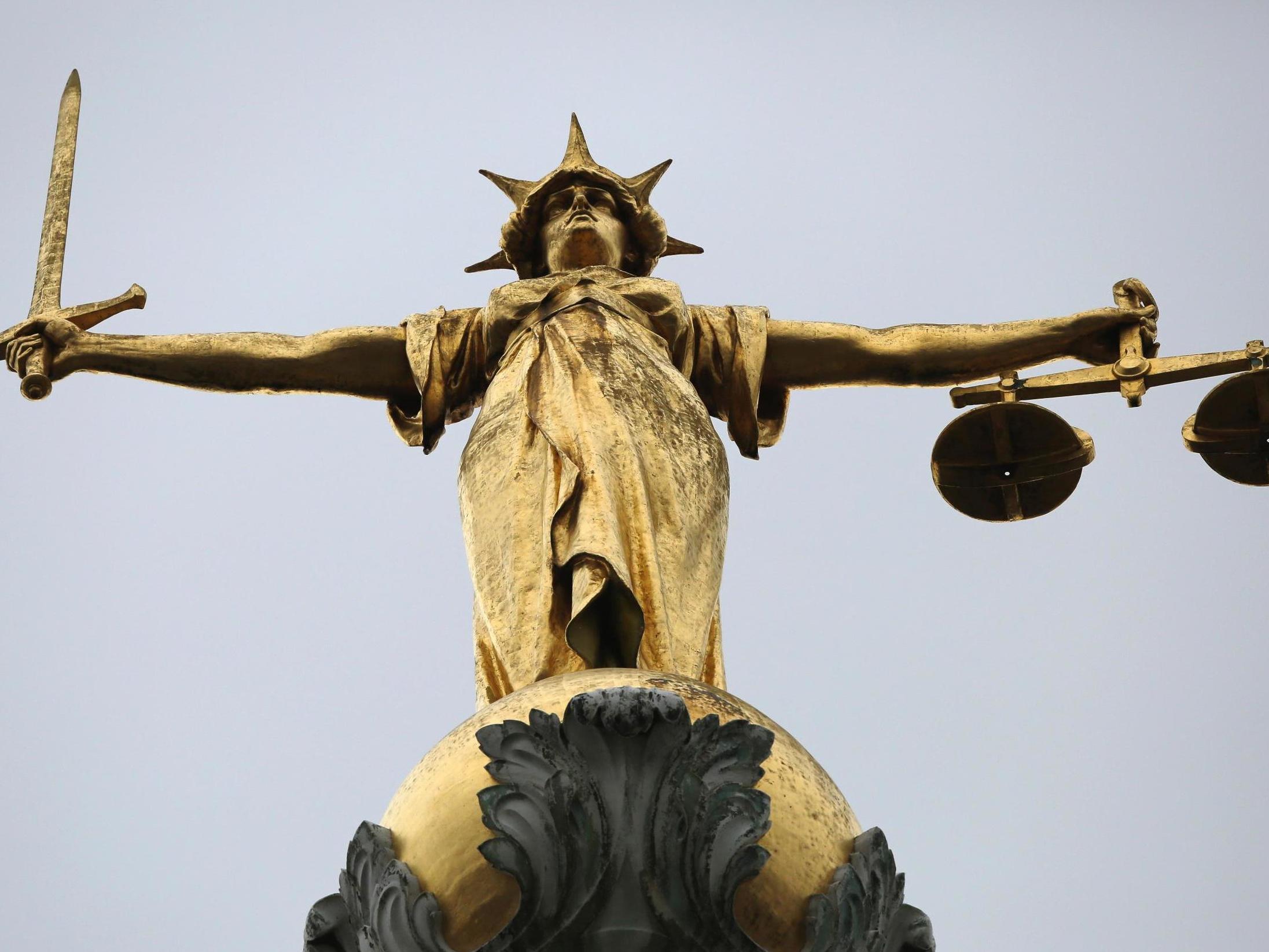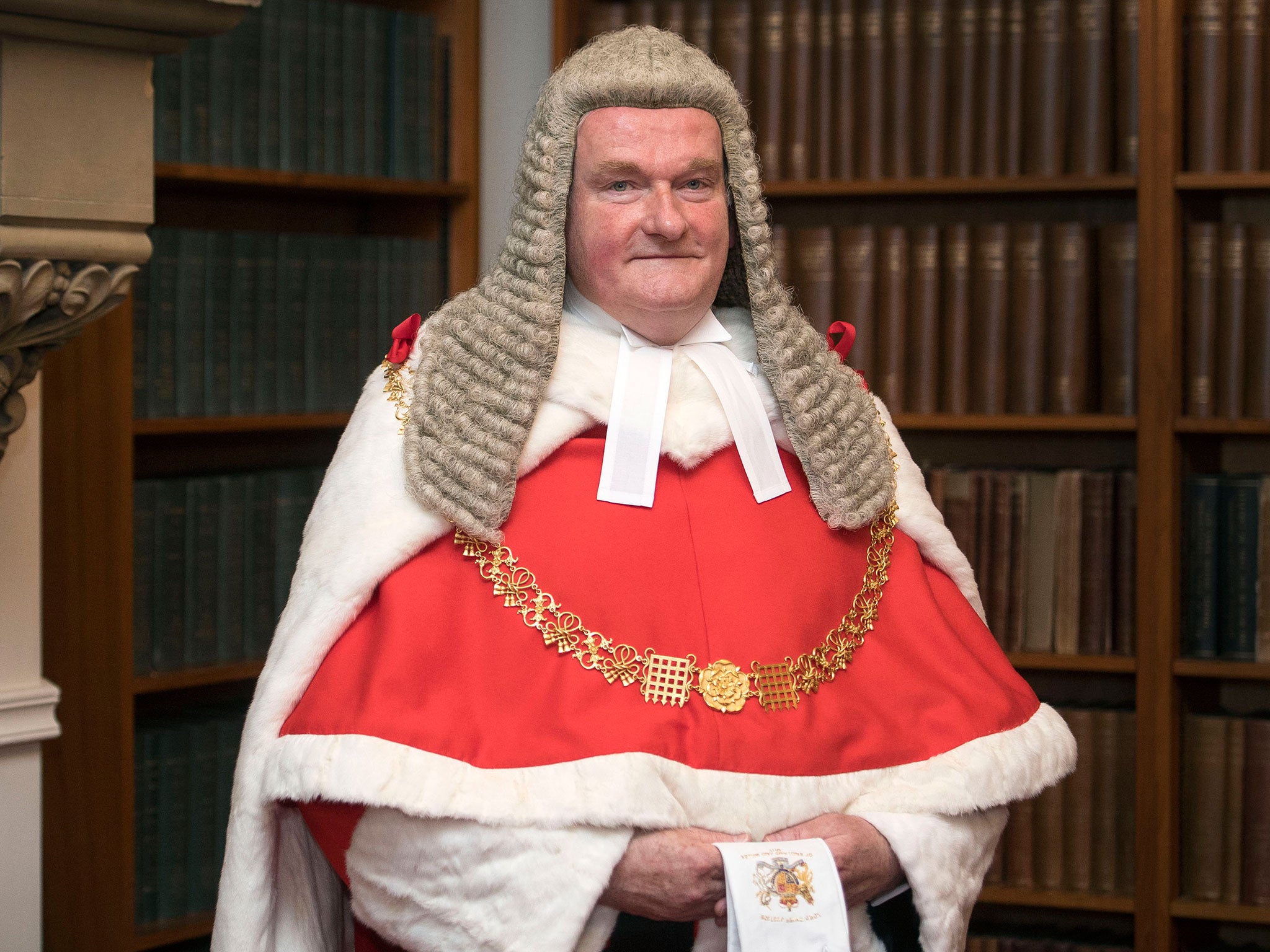MPs question 'fairness' of video hearings as coronavirus drives rising court backlogs
Justice Committee launches inquiry into efforts to tackle delays after backlog passes 500,000 criminal cases

Your support helps us to tell the story
From reproductive rights to climate change to Big Tech, The Independent is on the ground when the story is developing. Whether it's investigating the financials of Elon Musk's pro-Trump PAC or producing our latest documentary, 'The A Word', which shines a light on the American women fighting for reproductive rights, we know how important it is to parse out the facts from the messaging.
At such a critical moment in US history, we need reporters on the ground. Your donation allows us to keep sending journalists to speak to both sides of the story.
The Independent is trusted by Americans across the entire political spectrum. And unlike many other quality news outlets, we choose not to lock Americans out of our reporting and analysis with paywalls. We believe quality journalism should be available to everyone, paid for by those who can afford it.
Your support makes all the difference.Rising numbers of remote court hearings during the coronavirus pandemic may have an impact on the “fairness” of justice, MPs have warned.
The government hailed the increasing use of online video platforms as vital to keeping the criminal justice system moving during lockdown and home-working.
But a report by the Justice Committee warned that there had been no evaluation of how remote hearings affect verdicts and sentences, or access to proceedings for participants, the media and public.
Sir Robert Neill, chair of the committee, said: “More research is needed on how ordinary people – defendants and witnesses – experience this technology. Fair hearings require the engagement, comprehension and comfort of all those involved.”
The number of cases heard each day using audio and video technology increased from fewer than 1,000 in the last week of March to over 3,000 by mid-April, according to government data cited by the committee.
The Equality and Human Rights Commission has warned that the use of video hearings in England and Wales can significantly hinder communication and understanding for people with learning disabilities, autism spectrum disorders and mental health conditions.
Other groups giving evidence to the Justice Committee raised concerns over the impact on child defendants, disabled people and vulnerable witnesses.
The report said it was “not simply a matter of the most high-tech kit and strongest wifi”,
“It is particularly worrying that when it comes to evaluating the impact of technology, we know the least about those who are most in need of support.” it added.
“The committee is concerned that as yet there has been no judicially or government-commissioned review of the increased use of remote hearings in criminal cases in either the magistrates’ courts or the crown court during the pandemic.”
The committee also raised concern that open justice was being “eroded by accident” and questioned how authorities ensured that members of the press and public could attend remote hearings in the same way as physical courts.
“Work must be done urgently to identify the effects of increased use of digital technology for the delivery of justice,” its report concluded.
“Changes introduced in response to an emergency should not be regarded as irreversible if they can be demonstrated to have impeded access to justice or resulted in less than optimal outcomes for those whom the justice system exists to serve.”
The Justice Committee has launched an inquiry into how delays exacerbated by the coronavirus outbreak will be dealt with, amid fierce debate among the judiciary, lawyers and victims’ advocates.
The backlog of criminal cases in magistrates’ and crown courts has passed 500,000, but MPs said the number “grew substantially” in the year before the pandemic.
It cited court closures and government cuts to the number of sitting days as factors, and warned that easing lockdown restrictions would “not necessarily improve the situation” because crime is rising again.
The government has announced the opening of 10 new “Nightingale courts” to enable social distancing in alternative venues, but the Justice Committee questioned why the move had not been taken before.
The Lord Chief Justice, Lord Burnett of Maldon, told MPs that 1,000 jury trials had been accumulating each month why they were stopped and only a small number of crown courts have been reopened.
He publicly backed limiting the number of jurors or the right to jury trial to tackle the backlog, but the committee welcomed subsequent assurances that the “right to trial by jury is not going to be compromised and will remain intact”.
Capacity has been significantly reduced by social distancing requirements, seeing each trial spread between three courtrooms.

The committee said the significant delays caused were “not just numbers”, adding: “Victims of crime will have to wait longer to know if they will get justice. Defendants awaiting trial will spend longer on remand in custody or out on bail in the community.”
MPs warned that some defendants who committed offences as children have turned 18 during the pandemic and now face trial in adult courts, longer sentences and less support through no fault of their own.
The chair of the Magistrates Association, John Bache, said: “We share the concerns set out in the report about the impact that the use of video technology may have on fair participation.
“We have long argued that remote hearings should not be used for vulnerable defendants, as it can impact on the fairness of proceedings.”
Amanda Pinto QC, chair of the Bar Council, said it was ”crucial“ access to justice for the public was at the heart of recovery plans, adding: ”We know technology has played a huge part in how the justice system has adapted to the current crisis, but the right balance must be struck.
“Some cases and participants are not best served by remote hearings.”
A Ministry of Justice spokesperson said: “Video technology has played a crucial role in enabling thousands of cases to be heard, alongside other measures including recently announced ‘Nightingale Courts’.
“We continue to review the impact of technology and remote hearings, with everyone having the same fair access to justice our primary consideration.”
Join our commenting forum
Join thought-provoking conversations, follow other Independent readers and see their replies
Comments